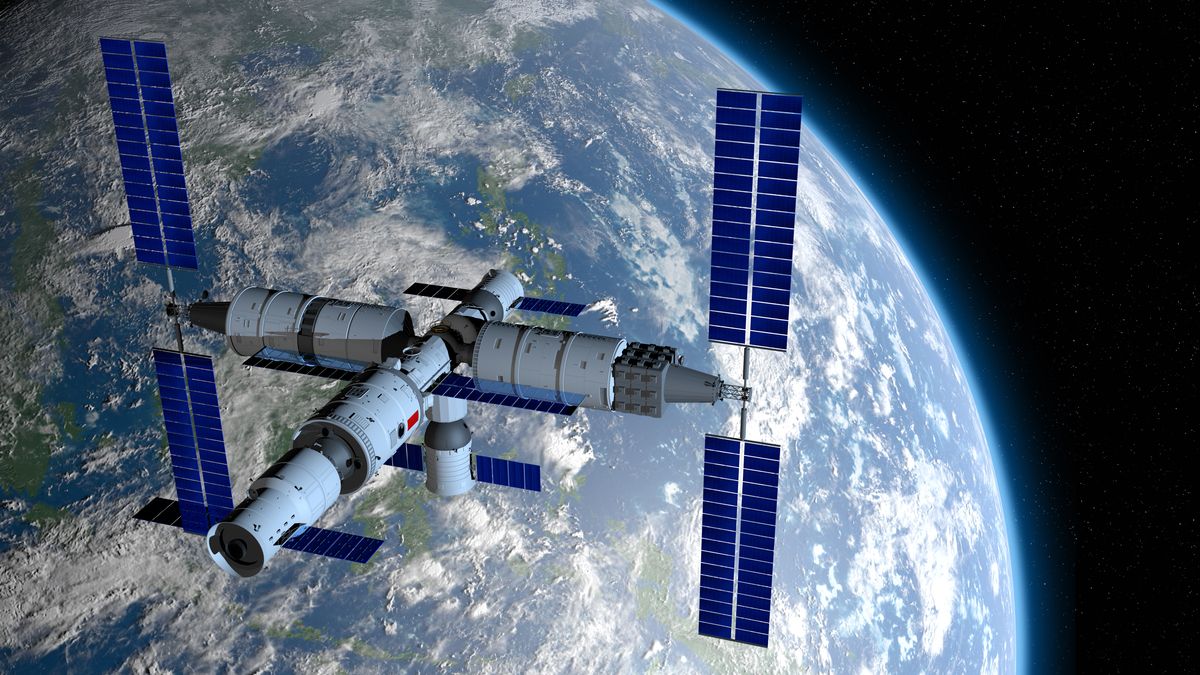
Persistent Unmanaged Descent of Spacecraft Continues Despite Advancements

Persistent Unmanaged Descent of Spacecraft Continues Despite Advancements
Generally when we worry about things falling on us, it tends to be bird poop. You can now add “rocket boosters hurtling to Earth” to that list, though the odds are still low on space debris hitting you.Related: ISS Avoids Collision (and Having to Exchange Info) With Russian Space Junk The charred remnants of a Long March 5B rocket booster, launched earlier by China, recently plunged uncontrollably back to Earth and into the south-central region of the Pacific Ocean. No people appear to have been killed, but some fish were probably alarmed.”Once again, the People’s Republic of China is taking unnecessary risks with the uncontrolled rocket stage reentry of their Long March 5B rocket stage. They did not share specific trajectory information which is needed to predict landing zones and reduce risk,” said NASA Administrator Bill Nelson in a statement .The rocket originally carried another piece of China’s Tiangong space station to orbit, the country’s answer to the International Space Station. In an amusing but maybe not quite amusing way, this is the second time this year uncontrolled remnants of the Long March 5B came crashing down, and the fourth time since its debut in 2020.Related: NASA Spots Sun “Smiling,” Hopefully Not Because it’s About to Blow Up That’s sort of how this all goes. Remnants of a rocket come crashing down, and then Bill Nelson makes another statement.Why do these rockets keep falling down in a potentially dangerous manner on Earth? Because this rocket, unlike some of its modern brethren, can’t reignite to make a controlled descent back to earth. Other types are sometimes steered into the ocean and/or purposely disintegrate into small, less dangerous pieces. But this one tends to fall in a totally ungraceful manner like someone tripping off a diving board.
Spain briefly closed its airspace  on Friday morning as a precaution. The rocket has yet to harm anyone and the chances of it doing so are pretty small.
But next time there are rocket showers, bring an umbrella. That should cover it.
Source: The New York Times
Also read:
- [New] 2024 Approved Essential Windows Video Editing Software for Professional Use
- [New] Canva Skills Purging Images of Their Surroundings for 2024
- [New] Elevate Your Online Presence Step-By-Step Reddit Tips for 2024
- [New] How to Securely Grab Free Picture Frame Videos for 2024
- [Updated] 2024 Approved Crafting Your Ultimate Style Haul Video
- [Updated] Best 15 Portable Videography Tools
- [Updated] From Zero to Hero 3 Proven Strategies for Livestream Success on YouTube
- [Updated] Pro Vision Enhancement Top-Ranked 4K Displays for Editing for 2024
- 2024 Approved Leading Drones for Superior GoPro Camera Integration
- 2024 Approved Virtual Venue Face-Off Assessing OBS & Twitch Studios
- 4 Feasible Ways to Fake Location on Facebook For your Honor X9b | Dr.fone
- Effortless USB Management in Windows 11
- Passo a Passo Para Maximizar O Desempenho Do Windows 11 Em Vídeojogos: Um Guia Abrangente
- Peak Tools: Enhancing GPT & VS Code Collaboration
- Reversing Inverted LCD or LED Screen
- Title: Persistent Unmanaged Descent of Spacecraft Continues Despite Advancements
- Author: Edward
- Created at : 2025-01-22 20:29:48
- Updated at : 2025-01-24 01:40:39
- Link: https://vp-tips.techidaily.com/persistent-unmanaged-descent-of-spacecraft-continues-despite-advancements/
- License: This work is licensed under CC BY-NC-SA 4.0.